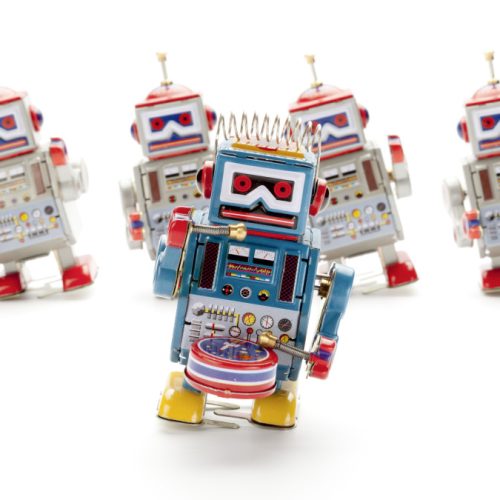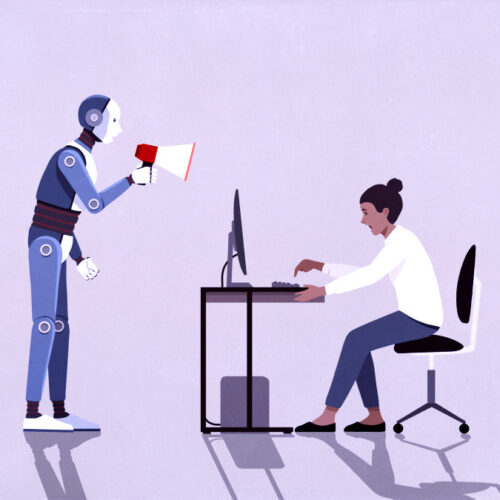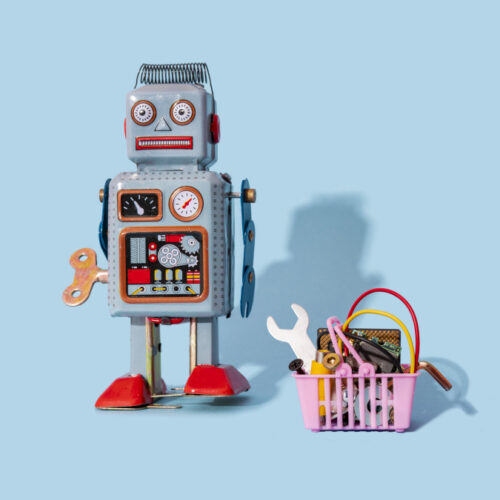Labor dispute erupts over AI-voiced Darth Vader in Fortnite
On Monday, SAG-AFTRA filed an unfair labor practice charge with the National Labor Relations Board against Epic subsidiary Llama Productions for implementing an AI-generated Darth Vader voice in Fortnite on Friday without first notifying or bargaining with the union, as their contract requires.
Llama Productions is the official signatory to SAG-AFTRA's collective bargaining agreement for Fortnite, making it legally responsible for adhering to the union's terms regarding the employment of voice actors and other performers.
"We celebrate the right of our members and their estates to control the use of their digital replicas and welcome the use of new technologies," SAG-AFTRA stated in a news release. "However, we must protect our right to bargain terms and conditions around uses of voice that replace the work of our members, including those who previously did the work of matching Darth Vader's iconic rhythm and tone in video games."


© Sunset Boulevard/Corbis via Getty Images



















